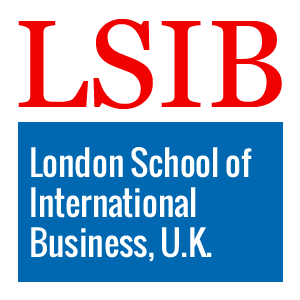Certificate Programme in Behavioral Economics for Ethical Decision Making in Marketing
Published on June 24, 2025
About this Podcast
HOST: Welcome to our podcast, today I'm excited to have Dr. Jane Smith, an expert in behavioral economics and the lead instructor for our new course, "Certificate Programme in Behavioral Economics for Ethical Decision Making in Marketing". Welcome, Jane! GUEST: Thanks for having me! I'm looking forward to our conversation about this exciting new program. HOST: To start, can you tell us a bit about how behavioral economics is transforming marketing? GUEST: Absolutely! Behavioral economics helps us understand how consumers really make decisions, as opposed to the rational models often assumed in traditional economics. This perspective is invaluable for creating effective marketing strategies that also respect consumer autonomy and well-being. HOST: That's interesting. Can you share some insights on current industry trends related to the course? GUEST: Sure. One trend is the growing emphasis on ethical marketing practices, especially in response to increasing consumer awareness and concern about privacy, manipulation, and social responsibility. Another trend is the use of behavioral insights to design better customer experiences, or "choice architecture," to nudge consumers towards positive outcomes. HOST: Speaking of nudges, can you explain what those are and how they impact consumer choices? GUEST: Nudges are subtle interventions that alter the context in which people make decisions, without restricting their freedom of choice. They can be very powerful in influencing behavior, which is why it's essential for marketers to use them ethically and responsibly. HOST: What challenges have you faced in teaching or learning this subject? GUEST: One challenge is helping students unlearn some of the assumptions and mental models they've acquired from traditional economics and marketing courses. Another challenge is staying up-to-date with the latest research and applications in this rapidly evolving field. HOST: Where do you see the future of behavioral economics and ethical marketing going? GUEST: I believe we'll continue to see more integration of behavioral insights into marketing practice, as well as increased scrutiny and regulation of unethical or manipulative techniques. Ultimately, I hope that behavioral economics will help create a more sustainable, consumer-centric approach to marketing that benefits both businesses and society as a whole. HOST: That's a powerful vision. Thank you so much for sharing your insights with us today, Dr. Smith. If you're interested in learning more about ethical marketing strategies and behavioral economics, be sure to check out our new course, the "Certificate Programme in Behavioral Economics for Ethical Decision Making in Marketing". Thanks for listening, and we'll see you next time!
